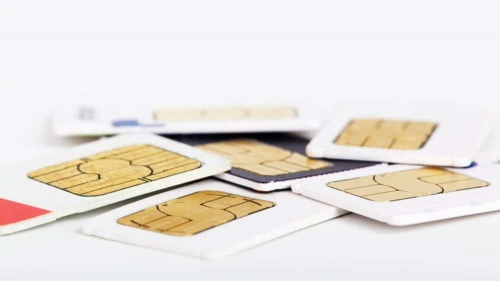
What are the differences between Nano-SIM, Dual SIM, Hybrid SIM, and eSIM in Smartphones?
Share:
tilifony 05 Nov, 2023, 14:49
Here are the differences between Nano-SIM, Dual SIM, Hybrid SIM, and eSIM:
Nano-SIM:
- Nano-SIM (or 4FF - Fourth Form Factor) is a standard SIM card size used in many modern smartphones.
- It is a physical SIM card that you insert into your phone to connect to a mobile network.
- It can hold one mobile phone number and is not easily interchangeable between devices.
- You need to physically replace the Nano-SIM when switching to a different phone or network.
Dual SIM:
- Dual SIM refers to a phone that has two SIM card slots, allowing you to use two separate SIM cards in the same device.
- This is useful for individuals who want to maintain two phone numbers or use two different mobile networks simultaneously.
- You can make calls, send texts, and use data with either SIM card, and you can choose which SIM to use for each communication.
Hybrid SIM:
- A Hybrid SIM slot is a single physical SIM card slot that can accept either a Nano-SIM or a microSD card.
- This design is commonly found in smartphones with limited space, allowing users to expand storage or use two SIM cards, but not both simultaneously.
- You need to choose between a secondary SIM card or extra storage when configuring your device.
eSIM (Embedded SIM):
- eSIM is a digital SIM card embedded within the device's hardware and is not removable.
- It allows you to activate and switch between multiple mobile carriers without the need for a physical SIM card.
- eSIM is particularly useful for travelers who want to switch carriers without changing their SIM card.
- Many modern smartphones support eSIM technology, and users can add, remove, or change carriers via the device's settings.
In summary, Nano-SIM is a standard physical SIM card, Dual SIM allows you to use two SIM cards simultaneously, Hybrid SIM combines a SIM card and microSD card slot, and eSIM is a digital SIM card embedded in the device, offering flexibility in choosing and switching mobile carriers.





